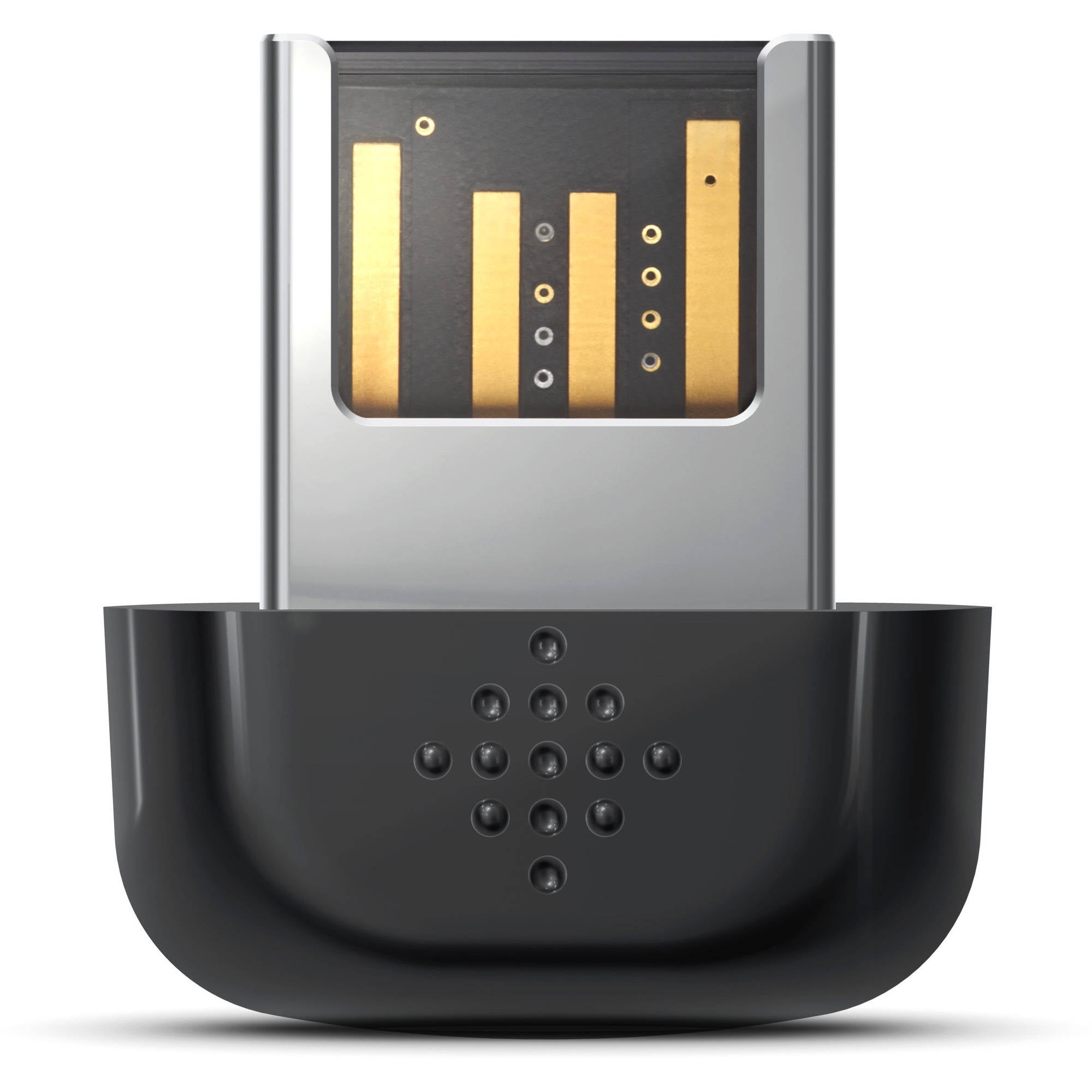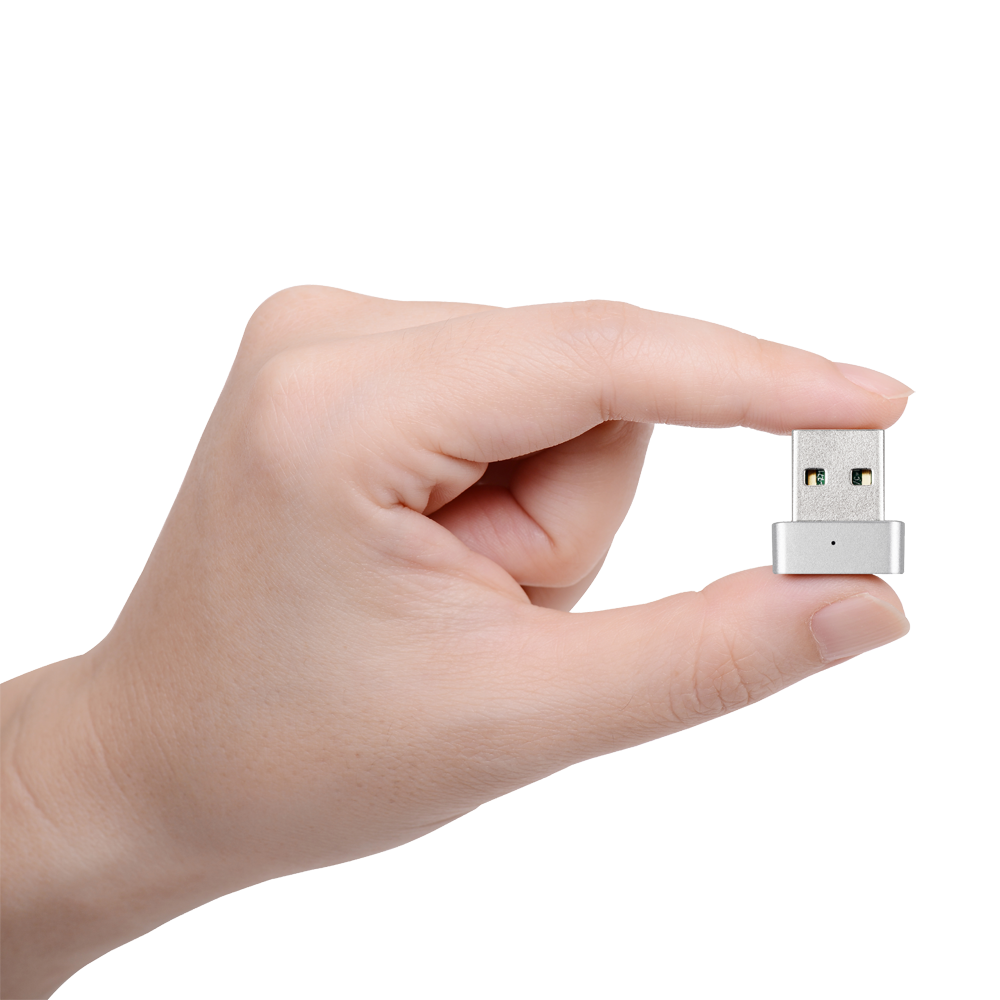

- #WIRELESS DONGLE FOR MAC MAC OS X#
- #WIRELESS DONGLE FOR MAC DRIVERS#
- #WIRELESS DONGLE FOR MAC UPDATE#
- #WIRELESS DONGLE FOR MAC DRIVER#
GitHub Gist: instantly share code, notes, and snippets.
#WIRELESS DONGLE FOR MAC DRIVER#
I thought that the included rtl8812 driver was the right one, but it turns out the AC1300 is the V3 version of the Archer T4U, and it requires the rtl8822 driver. I bought a TP-Link AC1300 High Gain WiFi adapter, in order to try to get a connection between my house and my garage.your auth loop is likely something wrong in networkmanager, because log said NM do not have key for that device (wlp1s0f0u1u1): no secrets: User canceled the secrets request.
 Kernel module for Realtek rtl88x2bu WiFi chipset. The workaround is to open a terminal with the keyboard (ctl-alt-t) and then reload the driver: modprobe -r psmouse modprobe psmouse Also, I am using a usb wifi dongle (using the rtl88x2bu driver) that is 802.11n capable, and got downloads (using 'speedtest-cli') that are about 10x what I get with the internal Qualcomm Atheros This repo is deprecated and a newer version of the driver is available at Driver for rtl88x2bu wifi adaptors Updated driver for rtl88x2bu wifi adaptors based on rtl88x2BU_WiFi_linux_v5.3.1_27678.20180430_COEX20180427-5959 originally downloaded from D-Link's download page for the DWA-182 Rev D. Kernel module for Realtek rtl88x2bu WiFi chipset. 2400 DPI 5 Adjustment Levels for Windows Mac Linux - Super Energy Saving, Black.
Kernel module for Realtek rtl88x2bu WiFi chipset. The workaround is to open a terminal with the keyboard (ctl-alt-t) and then reload the driver: modprobe -r psmouse modprobe psmouse Also, I am using a usb wifi dongle (using the rtl88x2bu driver) that is 802.11n capable, and got downloads (using 'speedtest-cli') that are about 10x what I get with the internal Qualcomm Atheros This repo is deprecated and a newer version of the driver is available at Driver for rtl88x2bu wifi adaptors Updated driver for rtl88x2bu wifi adaptors based on rtl88x2BU_WiFi_linux_v5.3.1_27678.20180430_COEX20180427-5959 originally downloaded from D-Link's download page for the DWA-182 Rev D. Kernel module for Realtek rtl88x2bu WiFi chipset. 2400 DPI 5 Adjustment Levels for Windows Mac Linux - Super Energy Saving, Black. #WIRELESS DONGLE FOR MAC DRIVERS#
Find software to improve your computers functionality including drivers for windows. For instance, the chipset manufacturer Ralink didn't release drivers for OS X Mountain Lion until October 2012, four whole months after the official July 25 release of the operating system.Networking aspects include a 802.11b/g/n WiFi and Gigabit Ethernet.
#WIRELESS DONGLE FOR MAC UPDATE#
from Mountain Lion to Mavericks), you'll have to wait for WiFi chipset manufacturers to update their drivers appropriately.
#WIRELESS DONGLE FOR MAC MAC OS X#
Instead, every time Mac OS X gets a big update (e.g.
You have to wait for new drivers. The lack of native support for USB WiFi adapters means that you can't count on your adapter to work between different versions of Mac OS X. Although this is not very hard to do, it can get to be very annoying if you reboot your computer frequently. You have to turn on a utility every time. In addition to installing drivers, in order to get WiFi working correctly with a USB adapter, you will have to turn on a third-party WiFi utility app every time you boot your Hackintosh. This brings its fair share of disadvantages: This is not the case for USB adapters, which always require third-party drivers. As we discussed in last year's article, some PCI adapters are "natively" supported in Mac OS X, meaning that they will work on your Hackintosh automatically. In many cases, buying a PCI WiFi adapter would actually be a better choice. That being said, using a USB WiFi adapter isn't for everybody. This means that you might not even have to buy a new adapter for your Hackintosh if you already own a USB WiFi adapter, there's a decent chance that it'll work in Mac OS X. A lot more USB adapters work. While Mac OS X only supports an extremely limited number of PCI WiFi adapters, there are literally hundreds of USB WiFi adapters that work with OS X to some degree or another. It's not a big price difference, but it's still something worth considering. Sometimes, you can even find USB adapters on sale for half that price. USB adapters are slightly cheaper. Most PCI adapters cost $30-40, while USB adapters rarely cost more than $20. Mini-ITX motherboards are even worse most of them only feature a single PCI slot, making a USB WiFi adapter all the more important. 
Micro-ATX motherboards usually only come with 2-3 slots. You may not want to waste an extra slot on your WiFi adapter if you plan on connecting a lot of PCI devices, such as graphics cards, sound cards, Firewire cards, RAID cards, TV tuner cards, or so on.
USB adapters don't take up an extra PCI slot. Most motherboards have a relatively limited number of PCI slots.







 0 kommentar(er)
0 kommentar(er)
